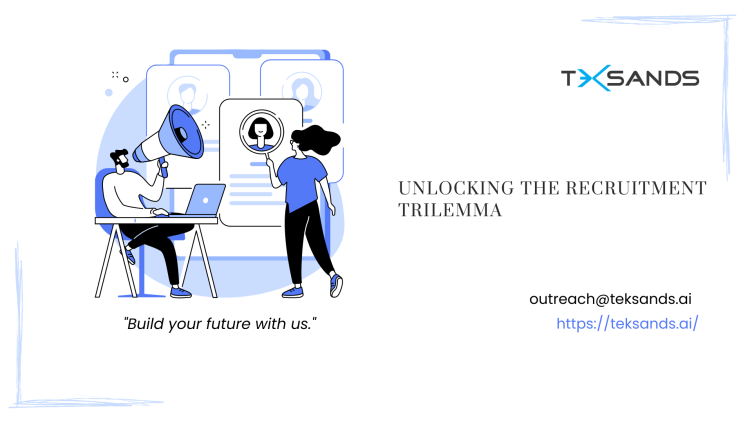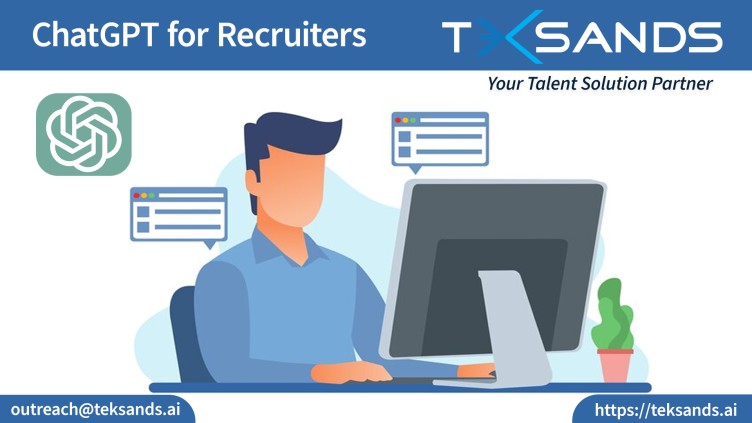
Talent is abundant in India. Are we developing them?

After a relatively damp Covid year, 2020-21 and 2021-22 are much better in terms of fresher intakes by the IT Industry. Although there are no confirmed figures, but the combined Fresher intakes by the top 4 companies in the Indian IT Industry are back to anywhere between 100,000 to 150,000. The overall Industry intake numbers are far higher of course, this stands as an indicator to the unabated demand of Indian IT Talent.
These are great numbers. However, this is only the rosy side of the whole picture. Ask ourselves the question of how many of the 15 lakh Engineering graduates are actually getting employment. There are quite a few studies undertaken in recent by private organisations or bodies such as Nasscom or Aspirng Minds, each of them wildly different than the others. The reason for the absence of any reliable statistics on this is because of the fact that our academic ecosystem is hugely vast, fragmented and access to data or conducting surveys are highly challenging. A whopping 60% of the overall 42 thousand colleges in India are in Rural areas and expecting new age organisations from metros to factor in sufficient representation in the surveys can hardly be expected.
Some of these surveys peg the number of graduates remaining unemployed at 80% while some at 50%. Looking at these figures, it may not be highly inaccurate if we are to say that more than 50% of the Engineers graduating each year are not getting into any kind of employment of relevance or significance. Does that mean that there is no demand in the market? Hardly so. Ask any IT recruiter in today's day and age, she will explain the nightmares of her job and the numerous challenges in getting candidates in this market. There is a candidate shortfall of at least 30% of actual demand in the IT market itself, other industries are no different. The other metric we have to compare ourselves with is that this number of unemployed or underemployed engineers in western countries like US or UK is about 5-10%, hence, we do have a lot of catch-up in this aspect.
It sounds like an irony that at one side, we have these graduates coming out of our education system not getting employment and on the other side we have the tremendous demand with the industry literally crying for talent.
This is not a new topic and we all know this situation, we know the cause, we understand the shortcomings of the Indian academic system, especially the engineering education. Too much have been said on it. It literally has become a broken record for the industry to point fingers at the lack of ability of engineering institutions to impart skills to the students, the systemic issues with engineering education, lack of focus on skills, quality of teaching staff and many more. And my guess is that not all of these are going anywhere even with NEP coming in. The heavy burden of compliance is not going away from the shoulders of faculty, the quality and training of teaching staff won't change, the curriculum quality will remain largely the same, the teaching delivery approach as well.
The objective of me writing this blog is not to sound the broken record again but explore what we can do to the untapped opportunity of this huge talent base. As the industry, we have this talent pool available. A starting assumption that we must take so as not to become prejudicial, is that a good portion of the so-called "unemployable talent"" coming out of the engineering colleges are actually very trainable. This provides us this massive opportunity to deploy them gainfully into productive and relevant roles in various industries.
One of the challenges in the lack of employability in the population is the lack of guidance and directions on opportunities available in the market and how one should go about preparing themselves on these opportunities. Colleges hardly take any step in connecting the market of opportunities to the student's proactive manner. As you go out outside of Tier-1 and Tier-2 cities, the concentration of Government and Central University affiliated colleges increase drastically. In such colleges, there is a definite lack of initiative to get the students aligned and connected to market opportunities and provide appropriate guidance or even to invite the industry to help. The key reason is that there is no incentives for these colleges to do so. As a result, the students end up writing exams without any value being added to them leading to a meaningful career.
It may be assumed that this is a problem that can be overcome by efficiently connecting the industry to the colleges and that the industry can do a thing or two to help. However, that is challenging too. This will require huge amount concerted efforts from the industry and a push from them. Question is to find the individual or organisation or body who will bell the cat. Doing something like this doesn't directly incentivise the industry. Companies who are nudged to go out and support colleges in remote areas may not see any short-term outcomes. Companies taking a few steps are also discouraged by the lack of enthusiasm from the colleges.
However, small steps however can be very effective. Off-campus taps this pool into the system. However, the outcomes from off-campus initiatives can be suspect. The key reason is that the off-campus talent was not so far guided and a lot of them are tentative in their approach to upskill themselves. This calls for individualised mentorship throughout guided skilling initiatives such as skill-specific bootcamps. Also, the intakes in the off-campus initiatives can be through evaluations that determine the candidates' inclination towards the type of career being offered and the skills to be trained upon. A combination of career stream specific evaluations, skilling bootcamps along with career mentorship will help the untapped talent left out of mainstreamed ones and help the industry greatly. It may take more effort per candidate than the mainstream ones but this effort will ultimately pay off as we try to scale with larger batches.










